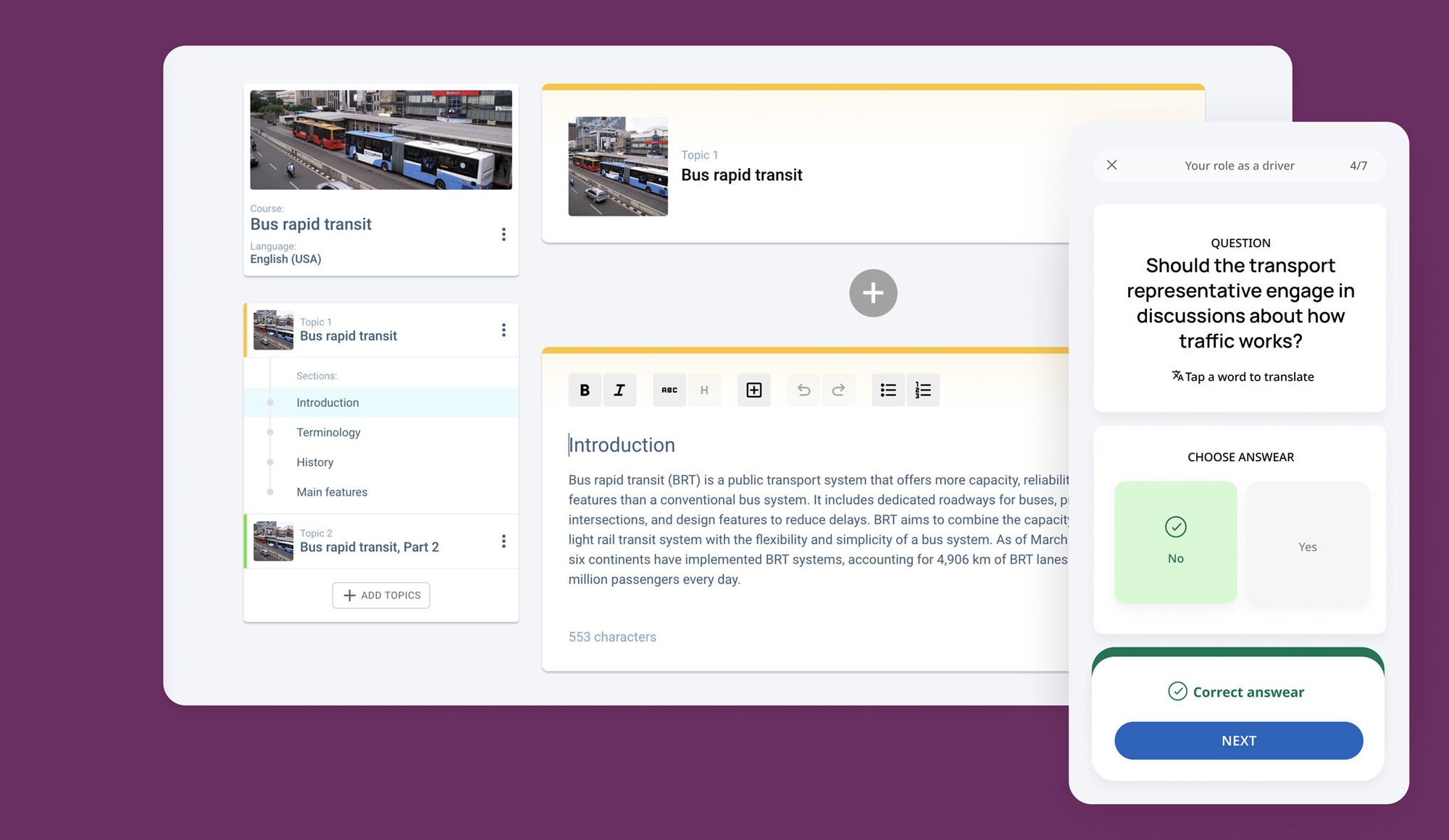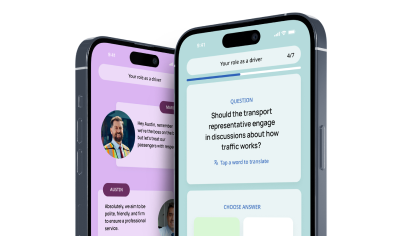5 training methods for hotel managers
1. Workshops and seminars
Workshops and seminars provide interactive learning opportunities for hotel managers. These sessions can cover various topics, including leadership principles, communication strategies, and problem-solving techniques. Workshops encourage participation and knowledge sharing among participants.
In addition to traditional workshops and seminars, some hotels offer specialised training sessions conducted by industry experts. These sessions delve deeper into specific areas such as revenue management, guest experience enhancement, and sustainable practices in the hospitality sector. By bringing in external professionals, hotels can give their managers a fresh perspective and up-to-date industry insights.
2. On-the-job training for hotel operations
On-the-job training allows hotel managers to learn and apply leadership skills directly within their work environment. Mentoring programs, rotational assignments, and job shadowing opportunities enable practical skill development and real-time feedback.
Moreover, some hotels have introduced cross-departmental training initiatives where managers are allowed to work in different departments within the hotel. This cross-functional exposure broadens their understanding of hotel operations and fosters collaboration and a holistic approach to management.
3. Online and E-learning modules
Online and e-learning modules provide flexible training options for hotel managers. These modules can be accessed anytime and anywhere, allowing managers to learn independently. Interactive quizzes, videos, and case studies make the learning experience engaging and effective.
Furthermore, to cater to the diverse learning preferences of hotel managers, some establishments offer a blended learning approach that combines online modules with virtual instructor-led sessions. This hybrid model ensures a comprehensive learning experience that caters to different learning styles and preferences.
4. Scenario-based training
Scenario-based training involves simulating real-life situations that hotel managers may encounter. Managers can practice problem-solving, decision-making, and conflict resolution through role-playing exercises and group discussions in a safe learning environment.
Additionally, some hotels organise immersive training retreats where managers are removed from their familiar work environment and placed in simulated high-pressure scenarios. These retreats test their leadership skills under challenging conditions and promote team bonding and camaraderie among the managers.
5. Peer learning groups for the hospitality industry
Peer learning groups encourage hotel managers to share their experiences, challenges, and solutions. These groups foster a collaborative learning environment where managers can learn from their peers' successes and mistakes. Regular meetings, discussions, and collaborative projects help build a network of support and continuous improvement among managers.
Additionally, peer learning groups can include guest speakers or facilitators to guide discussions and provide additional insights. By leveraging the group's collective knowledge and experiences, managers can gain diverse perspectives and innovative ideas to implement in their hotels.
Best practices for effective hotel leadership training
Practical hotel leadership training is essential for ensuring the success of a hotel's operations. It not only helps develop the leadership team's skills and knowledge but also plays a crucial role in aligning their efforts with the organisation's overall goals and objectives. By investing in comprehensive leadership training, hotels can cultivate a culture of excellence and continuous improvement.
- Clearly define learning objectives to ensure alignment with organisational goals.
- Customise training programs to address specific challenges and opportunities within the hotel.
- Provide ongoing support and reinforcement through coaching, mentoring, and follow-up sessions.
- Encourage continuous learning and professional development by offering resources and opportunities to expand knowledge.
- Evaluate the impact of training programs through post-training assessments and feedback from participants.
Furthermore, hotel leadership training should incorporate real-life scenarios and case studies to provide practical insights into the challenges faced in the hospitality industry. By simulating realistic situations, trainees can develop problem-solving skills and learn to make effective decisions under pressure. This hands-on approach can significantly enhance the transfer of learning from the training room to the workplace.




